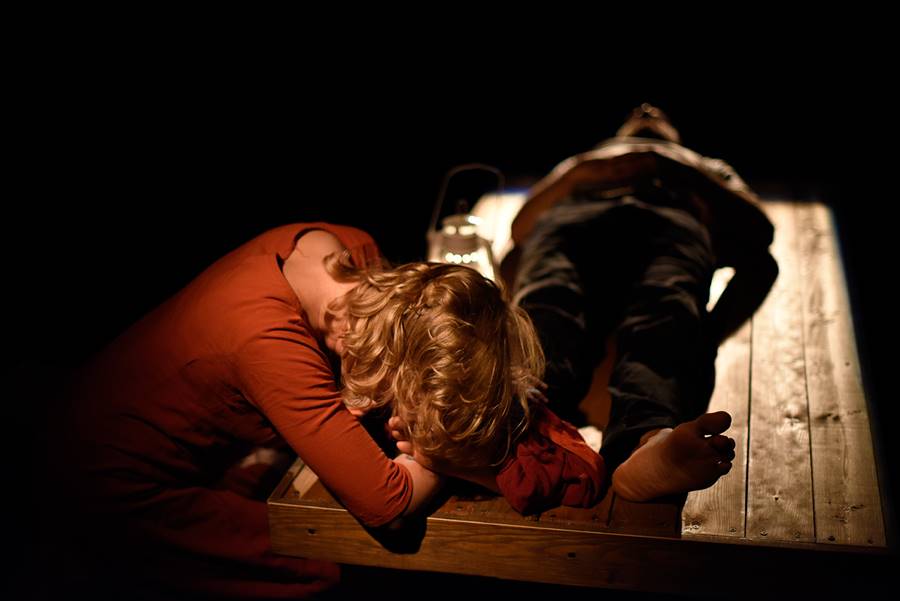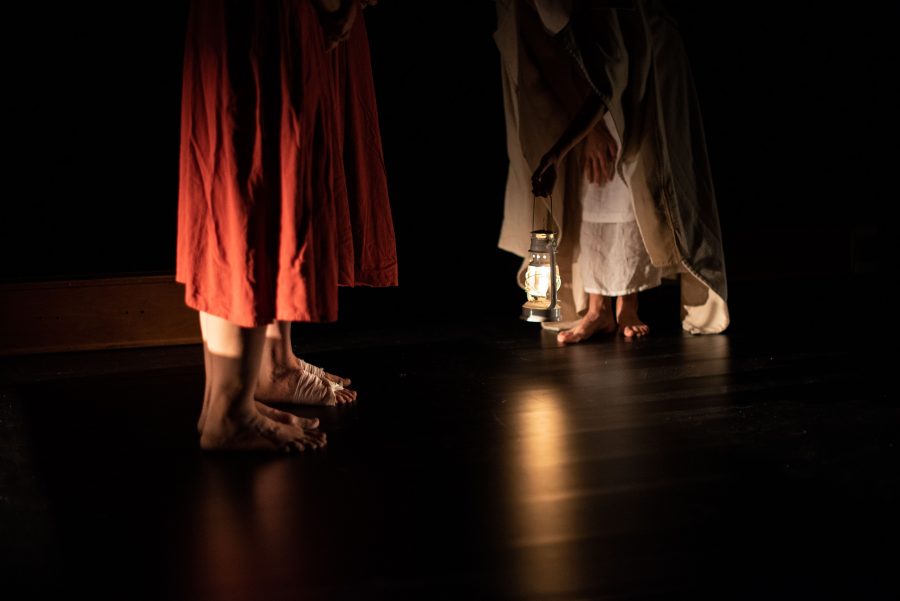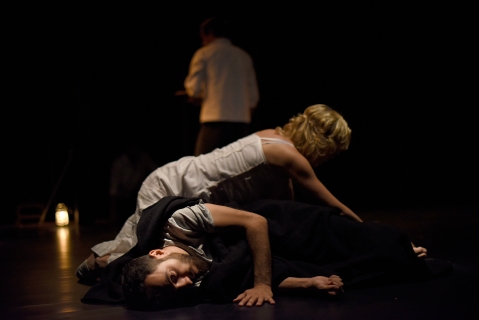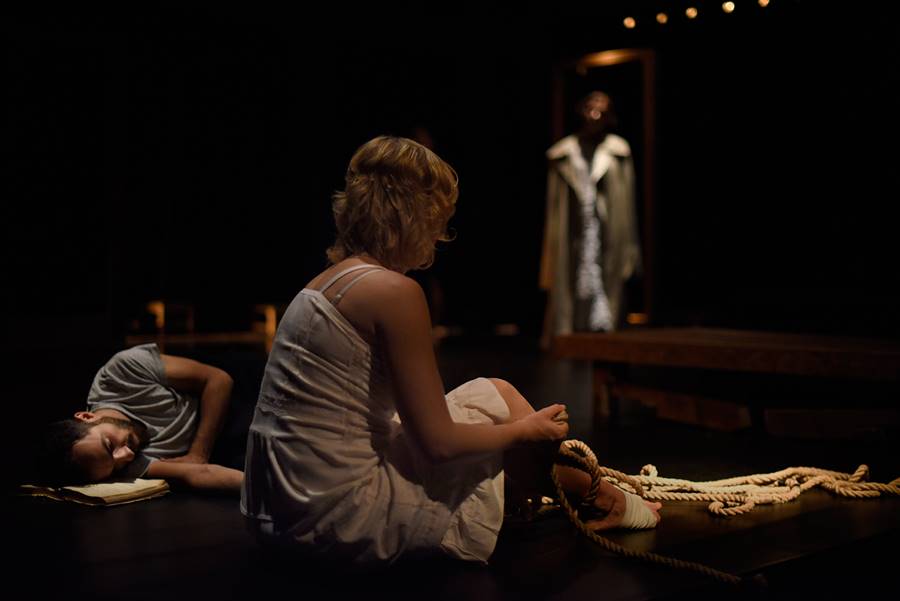Performance
Anhelli. The Howl
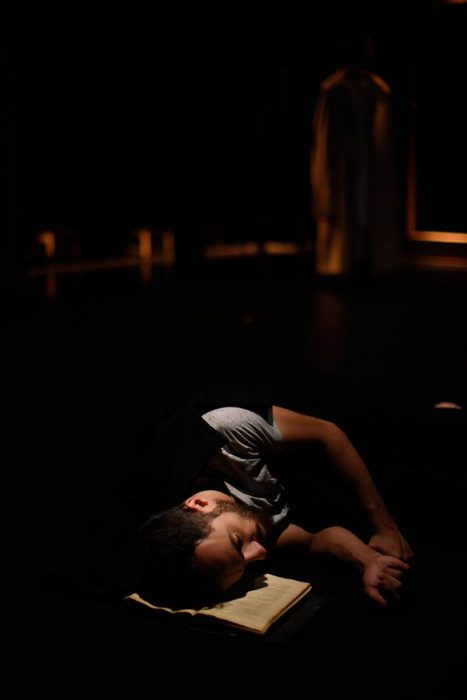
In the performance participated:
Anhelli: MERTCAN SEMERCI
and
- DAVIT BAROYAN
- DITTE BERKELEY
- ALESSANDRO CURTI
- EKATERINA EGOROVA
- JAROSŁAW FRET
- KAMILA KLAMUT
- ALEKSANDRA KOTECKA
- ALEKSANDRA KUGACZ-SEMERCI
- OREST SHARAK
- TOMASZ WIERZBOWSKI
Director and concept creator: JAROSŁAW FRET
Musical dramaturgy by JAROSŁAW FRET with ALEKSANDRA KOTECKA and TOMASZ WIERZBOWSKI
Vocal preparation by ALEKSANDRA KOTECKA and TOMASZ WIERZBOWSKI
Lighting: MACIEJ MĄDRY
Premiered on 7 September 2019 in Toga, Japan and on 8 November 2019 in Wrocław (Polish premiere)
Running time 60 min

Anhelli: The Howl is a musical performance piece composed of Armenian songs, Greek hymns and Orthodox irmoses.
In Anhelli: The Howl we ask the fundamental question of the inability to experience and express death. Death cannot be told, nor can it be represented, so we focus on those few minutes of mourning when mourners gather in the house of the departed to bid farewell to her, to send her off. However, this is not just a farewell, but a real disconnection, sending away the soul, perhaps freeing it. Death is not just a moment of transition but a process that takes time.
The piece uses the protagonist of Juliusz Słowacki’s poem Anhelli and the characters that accompany him ‒ one of whom is a woman, his beloved, and the other an angel ‒ to explore the process of spiritual separation. Anhelli: The Howl speaks only of a few minutes of farewell, but in fact the whole process would take an hour, forty days, a year, or even more, as if time has lost its linearity measured by the clock.
The piece pays homage to Słowacki as a great artist, but his poem serves only as a literary reference point ‒ the last words of the poem are the only words spoken at the beginning of the performance. The figure of Anhelli the savior is integrated into the piece with the help of musical dramaturgy originating from Christian liturgy and a number of funeral rites. We also draw on non-canonical Gnostic writings, recognising Mary Magdalene in the women that accompany Anhelli.
The unique collection of songs performed by the actors was formed in the process of at least ten years of searching. Teatr ZAR’s method of work is based on long-term work with singers from various traditions until the actors are able to sing each song together and participate in a common liturgy or funeral ritual. Only then can the song become a part of the performance.
Parallels with noh theatre can be found in the piece. Both ZAR’s approach and traditional Japanese theatre focus on making present what is absent. Through the power of including the audience, ZAR creates a theatre that makes present. In Anhelli, they use staging and funeral songs to make present the moment of death and mourning.
